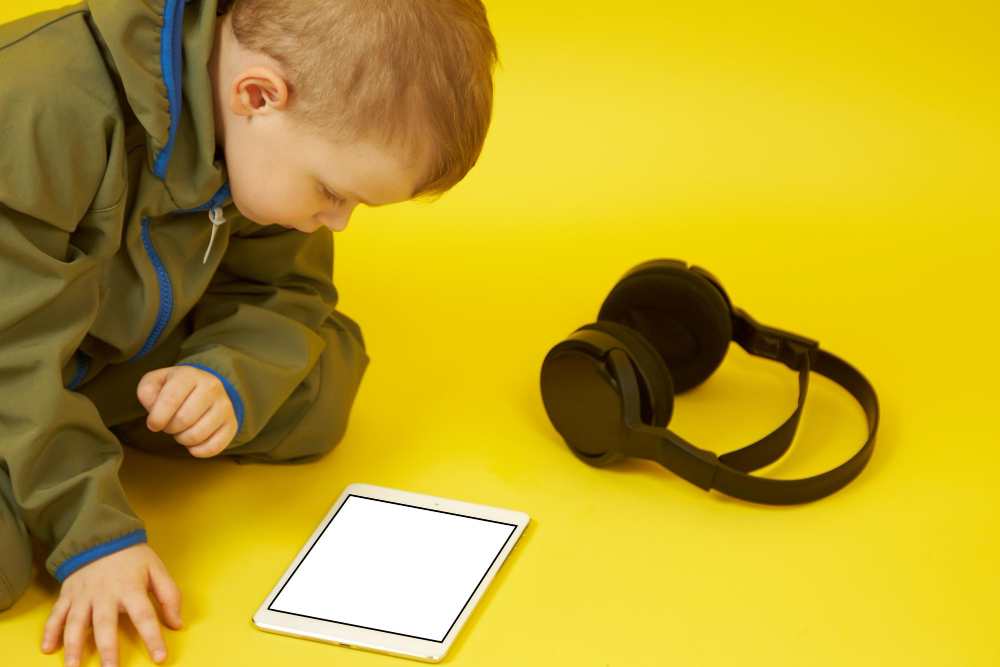The way a child learns, accumulates knowledge, and interacts with his environment is described by cognitive development. Different cognitive capabilities are acquired as a kid reaches particular developmental stages, but activities that promote active learning will benefit a youngster of any capacity. As a parent, you may support your child’s cognitive development in the areas of memory, attention, focus, and perception with simple activities that you can implement into your daily routine.
Let’s look at 20 Activities to Promote Cognitive Development in Toddlers
-
Practice Counting
Counting practice should be done at various times throughout the day. For example, when you go to the garden, count the number of shirts in your child’s wardrobe or the number of swings on the playground. You might find yourself counting everything shortly!
-
Flashcards are a great way to learn letters.
Flashcards are an excellent technique to teach and improve memory in toddlers. You can start with letters and practice them daily.
-
Sing songs
Sing songs with your child and invite him to join in. Play his favorite songs and music in the house and in the car regularly, and he might start singing along on his own.
-
Learning shapes
Shape recognition and spatial awareness are crucial developmental abilities for toddlers, and using a shape sorter to practice both is a fun and stress-free method. Brightly colored toys also help them learn and develop their shape abilities by retaining their attention.
-
Play with Everyday Items
Playing with common home goods is instructive, entertaining, and inexpensive. For example, please encourage your child to match different-sized lids to the pots they go with or have him look in the mirror and point to his nose, ears, mouth, eyes, and other facial features.
-
Teach colors
Colors are enjoyable, appealing, and necessary for your child’s cognitive development. Get a color sorter for your child and show them how to use it. It aids in the development of your toddler’s cognitive and logical abilities.
-
Simple daily habits should be established.
Create routines and procedures that are basic and well-defined. Stick to the schedule for baths, lessons, dinner, stories, activities, and trips to the park with the toddlers. This trains children to expect one after the other and to relate to the sequence.
-
Asking questions.
Simply asking your toddler questions at regular intervals is a spontaneous cognitive activity. These inquiries can range from “What do you want for dinner?” to “What does a lion sound like?” This activity allows your child to practice problem-solving and critical thinking regularly, and it can be done at any time during the day. Giving your child options and allowing them to make decisions for themselves is also beneficial because it develops autonomy.
-
Identifying noises
Ask your youngster to name the sounds he hears throughout the day. Then, he’ll start to notice how noises are related to objects in his daily life.
-
Give choices
Whenever possible, give your child options: “Would you like to wear the brown shorts or the blue shorts?” “Would you prefer going out or staying in for lunch? This will assist him in becoming more self-sufficient and learning to make confident decisions that affect his day.
-
Visit places
To excite his interest and provide him with “hands-on” experiences, take him to your local children’s museum, fish market, vegetable market, or library. While you’re exploring, ask him questions and listen to his responses.
-
Play games
Play various games with your child to help them develop problem-solving skills and talents. If your child is younger, you and your child can play “Peek-a-Boo” with bricks. As he gets older, you may play riddles, board games, puzzles, and “Hide and Seek” with him.
-
Stacking blocks
Allow your child to stack the blocks in any way they want. It gives children the freedom to imagine and be creative. In addition, giving them advice every now and again is beneficial.
-
Pretend-play with kitchen toys
Toddlers have a strong sense of fantasy. Providing kids with kitchen toys encourages them to engage with their imaginations and ingenuity. It’s also a fantastic method to introduce kids to different foods, flavors, and smells.
-
Treasure hunt
The activity is best suited for toddlers aged two to three who are capable of following instructions. Set up a scavenger or treasure hunt for your child, and reward them for their efforts.
-
Play with musical instruments
Music and sounds of all types are initially appealing to babies. For example, playing with whistles, banging on objects, and pounding on a drum with drumsticks improves agility and helps your child develop a sense of sound and melody. Please give them a toy musical instrument to play with and encourage them to do so.
-
Give children activities and toys that are based on sorting.
Your youngster will be able to recognize and classify objects by the age of two. You can ask them to sort toys, blocks, animals, colors, or their favorite to encourage and strengthen their ability to sort objects depending on multiple factors.
-
Get creative
Children have a lot of creativity. These characteristics come quickly and can be polished further through art, painting, and crafts.
-
Let Them Help with Chores
Toy cleaning supplies are a surprising amount of fun for young toddlers to play with. Of course, they do this because they want to imitate what their parents or older siblings do.
-
Use a Balance Bike to Improve Your Balance
While you may associate cognitive activities with the brain rather than the body, physical activity has just as significant an impact on your child’s cognitive development as mental activities. Balance bikes are an excellent method to encourage outdoor play while including physical cognitive exercises into your toddler’s routine.


